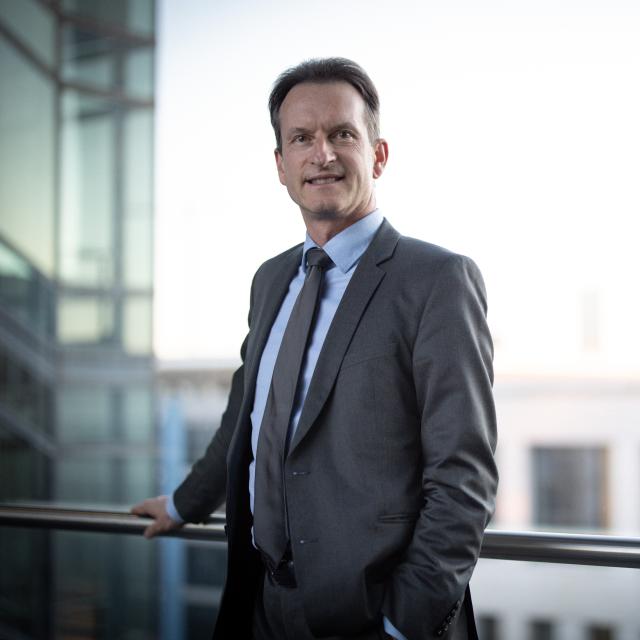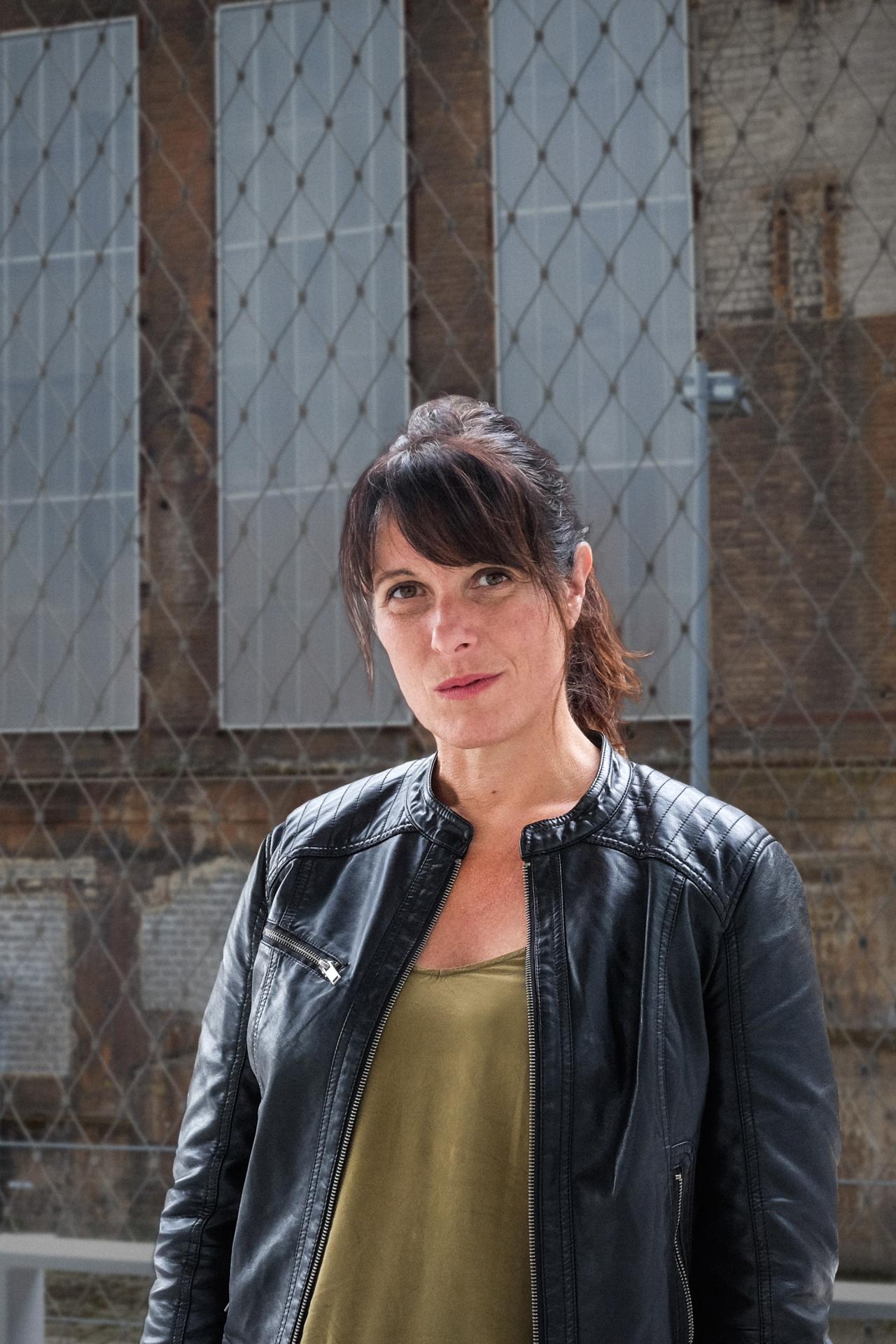Wat mengs du? - Everything has to change for nothing to change
Switch to French for original article
Listen to this article
Growth at half mast, the social model under strain: in the face of these challenges, the status quo reflex is taking hold. But what if inaction was the real danger? In his carte blanche, Carlo Thelen argues for reforms, not as a threat, but as a condition for preserving our model.
On 28 June, thousands of people demonstrated across the country against a series of government measures perceived as a threat to our social model. This mobilisation reflects a genuine concern, which we must listen to. But it also reflects, in some respects, a form of denial in the face of the profound changes our country is going through. By refusing all change, by wanting to commit our country to the dead end of immobility, some people seem to believe that it is possible to preserve our social model without adapting it. This is a dangerous illusion.
About the author
-
Carlo Thelen, Director General of the Luxembourg Chamber of Commerce, joined the organisation in 1996 as an economic advisor. In 2003, he joined the Chamber's Executive Committee and in 2004 became Director of International Affairs. In 2014, he was appointed CEO. Until 2019, he was also the Chief Economist of the Chamber of Commerce, preparing and presenting the Chamber's opinion on the state budget each year. Carlo Thelen is also the author of a notable expert blog highlighting important socio-economic issues of the day, as well as articles published by the Chamber of Commerce. He also represents the Chamber of Commerce on various working groups and councils within Luxembourg institutions and organisations. In addition to his economic expertise, Carlo Thelen has extensive experience in commercial and economic advocacy and participates in economic missions abroad where he promotes the Grand Duchy's economy and businesses.
Many of us are attached to Luxembourg as it has prospered over the last thirty years: an open, dynamic, productive, high-growth country that is resilient in the face of crises. But that Luxembourg no longer exists, whether we like it or not. If we are to continue to preserve what has been its strength – its shared prosperity, its social protection, its stability – we must have the courage to evolve. As Lampedusa wrote in Le Guépard, "everything must change for nothing to change".
From virtuous circle to vicious circle
The Luxembourg model, often perceived as an economic and social success story, has until now been based on a virtuous circle: strong economic growth, boosted by productivity, an abundant cross-border workforce, high competitiveness and, in return, generous social redistribution. This virtuous circle has made it possible to maintain a high standard of living and a solid welfare state.
"Reforming does not mean giving up on our model. It's the only way to save it."
But in recent years, this balance has been shifting. Luxembourg is now one of Europe's slowest-growing countries. Statec, which had previously forecast growth of 2.5 per cent for 2025, has now revised its forecast to 1 per cent. This would make 2025 the fourth consecutive year of growth of 1 per cent or less. This is unprecedented in the last 30 years. This lack of growth can be seen in the results of the Economic Barometer for the first half of the year, which the Chamber of Commerce has just published. The level of confidence among business leaders in the Luxembourg economy, which had risen slightly over the previous two half-years, is now back down, at just 65 per cent, compared with 89 per cent in 2019. The virtuous circle is turning into a vicious circle: weak growth is undermining confidence, which in turn is holding back investment and employment, and therefore the country's tax revenues.
In the IMD global competitiveness rankings, the Grand Duchy has not been among the 10 most competitive economies in the world for seven years now (it is 20th in 2025, compared with 6th in 2015). This setback is not anecdotal: it should be a wake-up call.
The immense cost of inaction
At the same time, our social spending is rising faster than our tax revenues, under the impact of an ageing population and an economic slowdown. The pensions system, in particular, is facing unprecedented pressure. As economist Maxime Sbaihi, guest speaker at our "It's the economy, stupid!" forum at the Chamber of Commerce on 16 September, points out: "The consequences of the falling birth rate and ageing population for our social security systems are monumental. They were not designed to cope with the combination of these two shocks."
On this day, with other prestigious speakers such as Enrico Letta and Laurence Tubiana, we will be asking this essential question: "What is the cost of inaction?" Change requires effort, compromise and sometimes political courage. But believe me: doing nothing is infinitely more costly – economically, socially and democratically.
Reforming does not mean giving up on our model. It's the only way to save it. In the face of demographic, climatic and technological challenges, we need to break the deadlock. We have the means to build a new virtuous circle, based on innovation, sustainability, productivity and rethought solidarity. But to do so, we must dare to act.
Wat mengs du?
-
Once a month, we give space to a voice - someone who is an expert in a field, through their studies, profession or personal experience: experts in everyday life, an illness, a particular life situation - or simply a clear opinion.
Do you have something to say? Then send us your idea for an opinion piece to journal@journal.lu.





